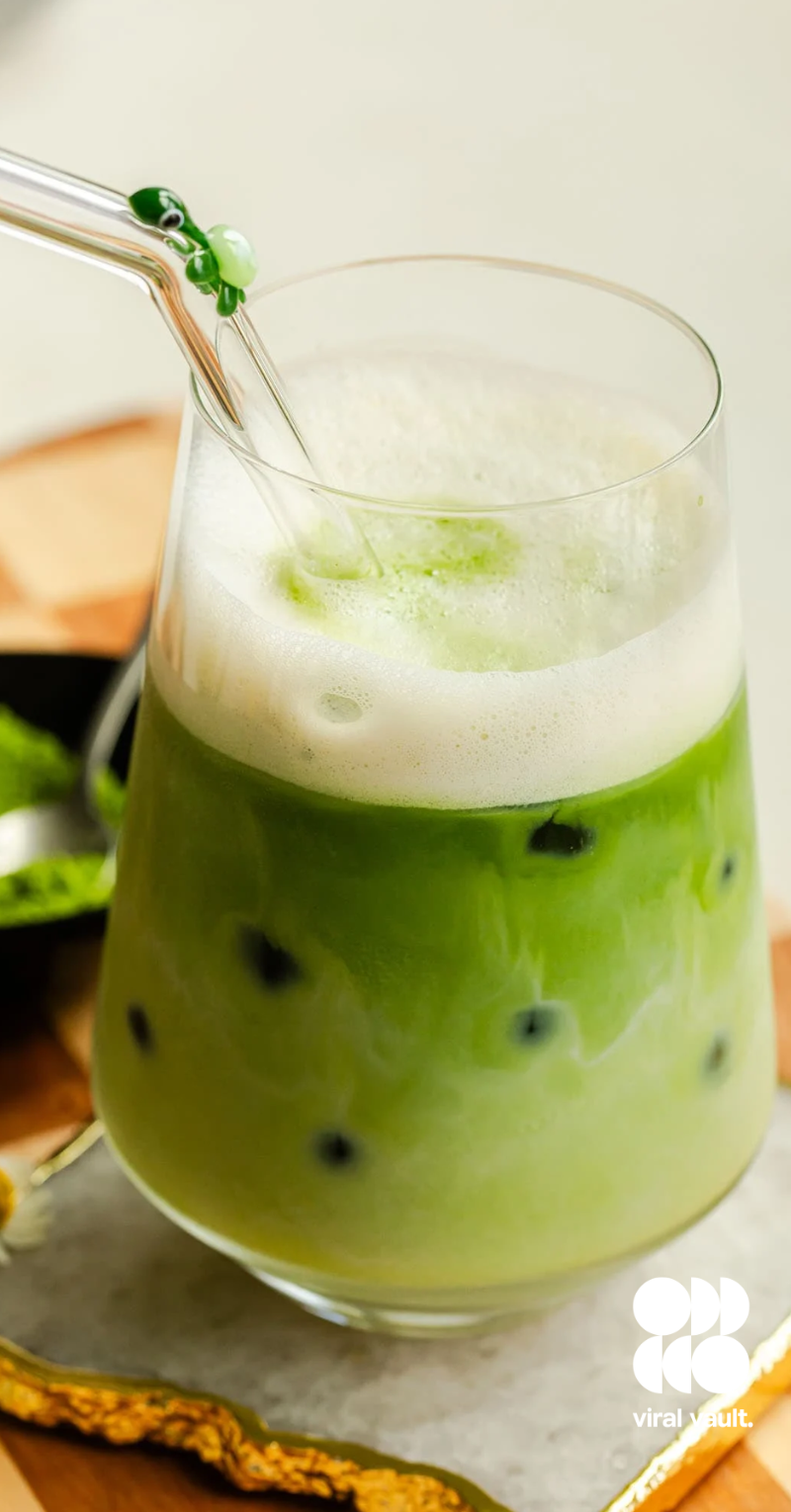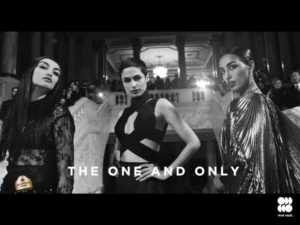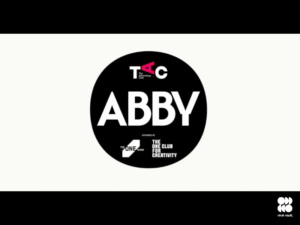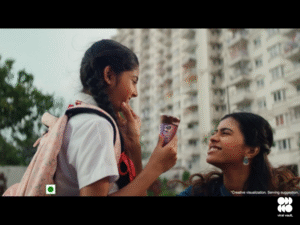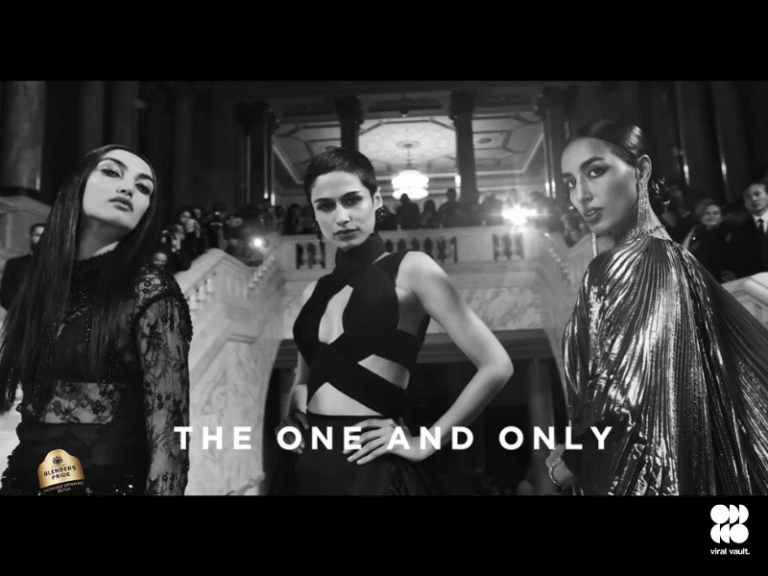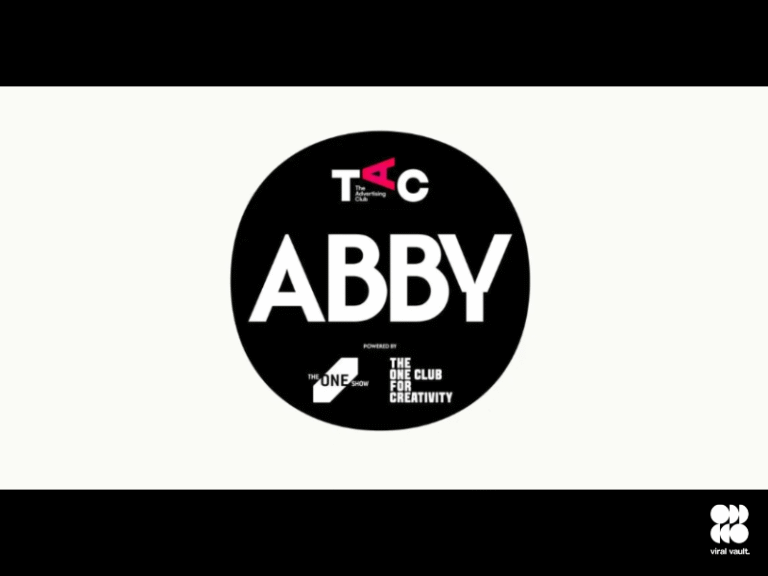Once a ceremonial staple in Japanese culture, matcha has now entered India’s rapidly evolving health and wellness space. With its vibrant green colour, functional benefits, and premium appeal, matcha is gaining popularity among Indian consumers and brands alike-particularly in urban markets driven by lifestyle, health, and experience-based consumption.
The Rise of Matcha in the Indian Market
In India, matcha is no longer limited to niche wellness shelves. It’s now a part of mainstream food and beverage offerings, as brands respond to increasing consumer interest in superfoods, clean ingredients, and alternatives to traditional caffeine sources.
Several Indian brands are leading this transition, integrating matcha into beverages, desserts, snacks, and even skincare. With its antioxidant-rich profile, calming properties (thanks to L-theanine), and metabolic support, matcha resonates well with India’s rising demand for functional wellness products.
Key Indian Brands and Businesses Embracing Matcha
- Starbucks India
Starbucks was among the first large chains in India to introduce matcha-based beverages, including Iced Matcha Lattes and Matcha Frappuccinos. These options cater to consumers looking for healthier, plant-based, and globally inspired drinks. - Blue Tokai Coffee Roasters
Known for its specialty coffee, Blue Tokai has added premium matcha drinks to its seasonal menus, appealing to wellness-focused audiences seeking non-coffee alternatives. - The Tea Shelf
This homegrown premium tea brand offers culinary and ceremonial-grade matcha, including matcha starter kits and infused blends, with a strong focus on quality, education, and digital distribution. - Kimino Japanese Organic Matcha
Operating in India with a focus on purity and traceability, Kimino offers authentic Japanese matcha powderssourced directly from Uji, catering to both retail consumers and food service operators. - Vaaya
A wellness tea brand that has incorporated matcha into its immunity-boosting and detox blends, positioning the product as a daily health companion. - Third Wave Coffee, Perch, and Santé Spa Cuisine
Boutique cafés and wellness restaurants in Mumbai, Bengaluru, Delhi, and Pune are now offering matcha lattes, pancakes, cheesecakes, and smoothies, making matcha a fashionable and functional menu item.
Consumer Drivers in India
- Urban Wellness Culture: With growing awareness around holistic health, mindfulness, and clean eating, Indian consumers-especially millennials and Gen Z-are increasingly embracing matcha as a lifestyle product.
- Digital-First Discovery: E-commerce and social media have played a crucial role in educating consumers about matcha’s benefits and versatility, driving both curiosity and trial.
- Premium Positioning: Matcha is often viewed as aspirational, aligning with the broader trend of global wellness adoption and the desire for quality, ethically sourced ingredients.
Market Potential and Future Outlook
India’s health and wellness industry, expected to surpass USD 30 billion by 2030, is opening up space for niche superfoods like matcha to thrive. With rising demand for functional beverages, vegan alternatives, and natural skincare, matcha’s application is expanding across sectors.
As brands focus on innovation, transparency, and education, matcha is poised to become more than a trend-it may well become a core offering in the Indian wellness economy.
Conclusion
What began as a traditional Japanese beverage is now transforming into a modern Indian wellness staple. With growing demand, expanding product formats, and strong brand participation, matcha is gaining steady traction in India’s health-forward landscape. For Indian brands, it represents both a commercial opportunity and a chance to shape the future of clean, functional living.




